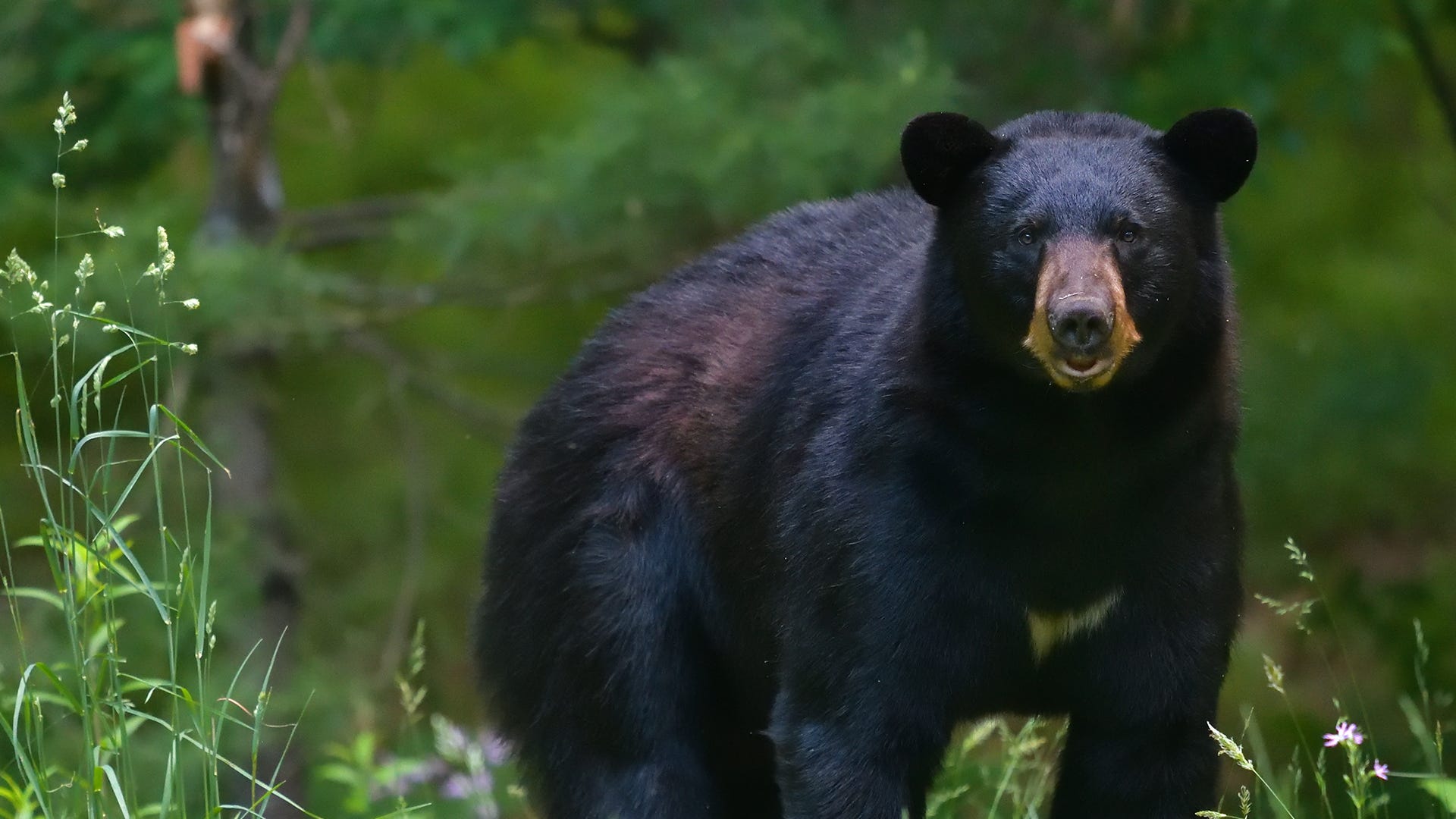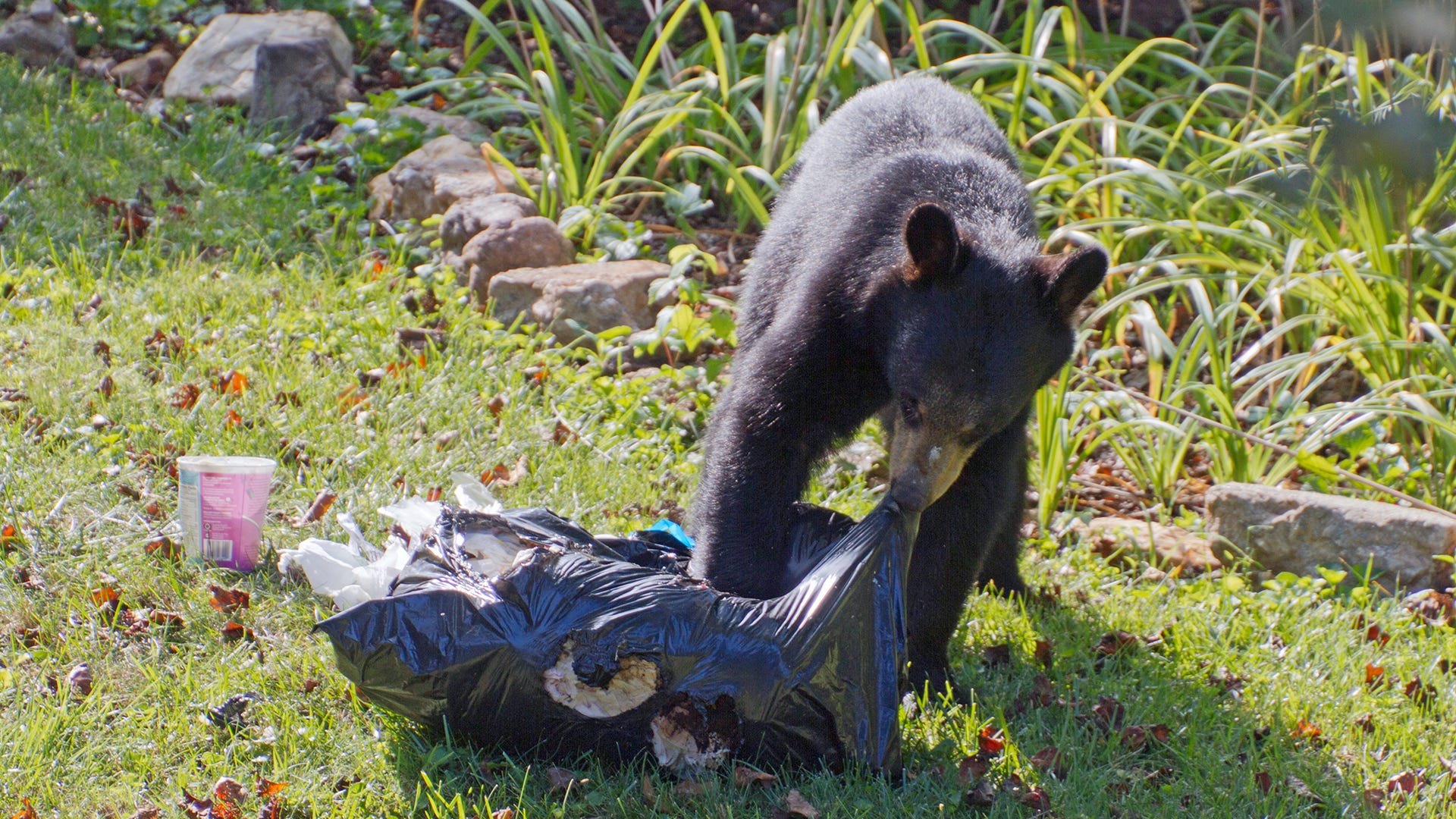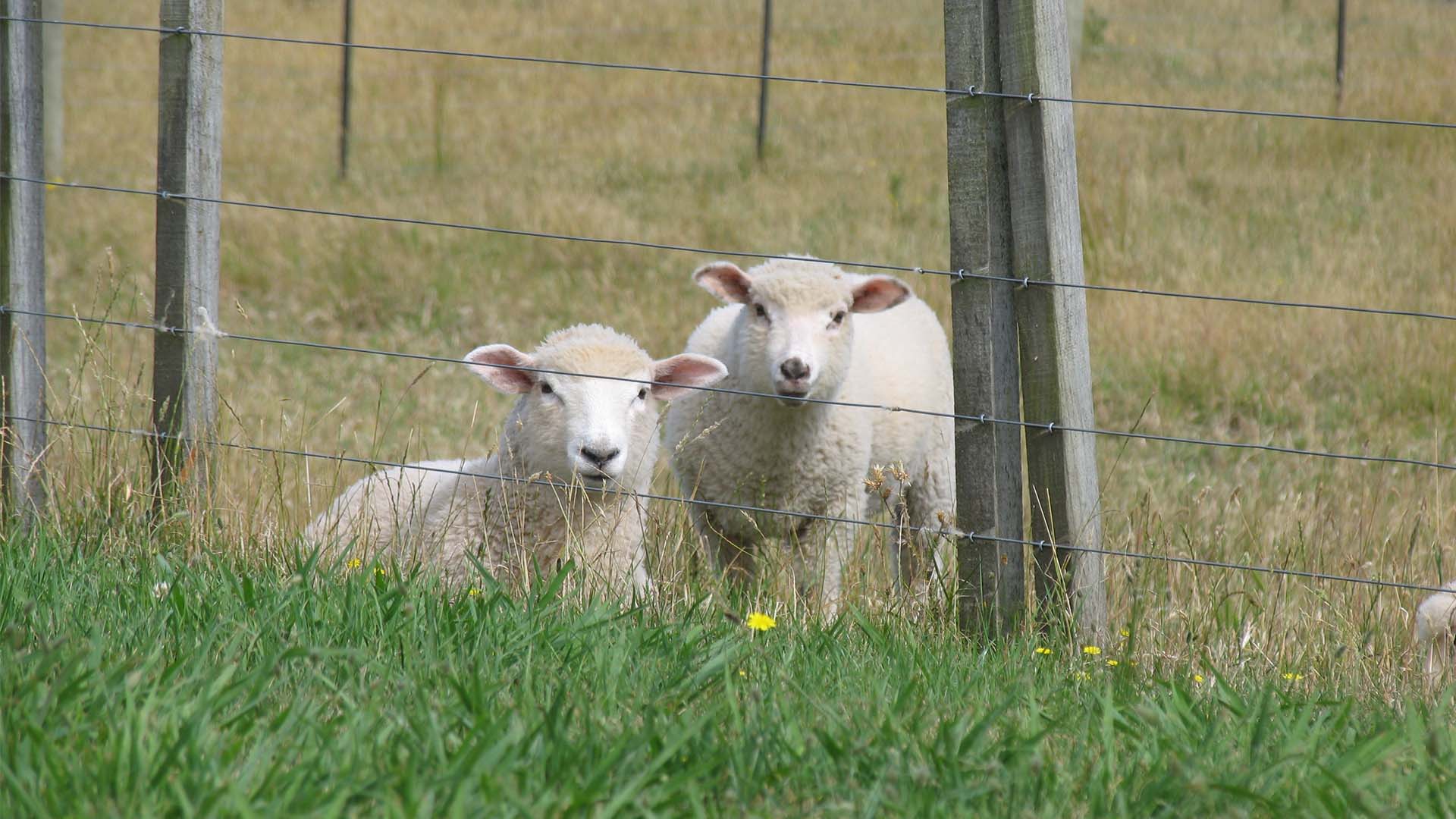
Bears are big predators – and big pests – that may seem scary and difficult to deal with. Keeping bears away might seem like a threatening task, but don’t worry, we’ve got a solution for you. By using electric fencing, you can deter bears safely from your property, while training them not to come back at the same time.
Potential Damage Bears Can Cause
Bears are big creatures, which means that they can cause a good amount of damage. Because they are natural-born scavengers, they can become aggressive when food is scarce or when they feel threatened. However, they typically don’t attack humans.
Bears can pose a threat to livestock, especially smaller prey. These big animals can destroy different parts of your property, which can be expensive to replace or fix. Known to break fences, get into trashcans, enter sheds or garages, damage bird feeders, and raid campsites, bears will do anything to get to a source of food.
On farms, or if you have crops, bears are also known to cause crop damage. Corn and oats are particularly noticeable for bear damage. Bears often harm trees by feeding on the inner bark or clawing the tree to leave territorial markings. Orchards can be affected and impacted, especially if bears keep returning to scavenge the fruit off the trees.
If bears find food without much trouble, the chances that they’ll come back for another meal is high. It’s important to consider taking preventative measures so that bears don’t frequent your property and cause extensive damage or costs.
Considerations of Electric Fencing for Bears
Before investing immediately in electric fencing to keep bears away, there are a few considerations you should think about. They are:
- How long your fence is going to be up – Depending on if you are moving or taking down a fence, it will determine what you need for your fencing, but also if it’s the best decision.
- The environment you live in – If the environment is very dry, then the electric fence might not work as efficiently because moisture is needed to conduct electricity in soil.
- Winter usage – The snow and ice will affect your fencing, so by the time that season comes around, you’re going to need to be prepared.
- Use offense – Are you using your fence to strictly keep out bears, or are you using it to also contain livestock?
- Size of area – How much area are you going to contain with your electric fence?
If you don’t think that an electric fence is a right way to go with your property, resources, location, or other factors, there are other methods you can implement to keep bears away from your home. Cleaning around your property and making sure the trash is shut or locked, making sure farm animals have protection like sheltered areas, or using bright light and loud noises, can deter these animals.
But, if you do decide that an electric fence deterrent is a way to go, then you’re ready to select the things that you need for your fence.
Choosing Electric Fencing for Bear Deterrence
There are many variations of fencing designs to deter predators. Electric fencing is commonly used to protect beehives, dumpsters, animal areas, corrals, and other areas where scavengers are drawn. This is because predators, like bears, are motivated by their prey – which in this case would be the livestock on the other side of the fence that you’re trying to keep safe.
Predator fences need plenty of shocking power so that the bear's behavior changes. The fence also needs to act as a physical barrier, which means that it will need to be sturdier with wires closely spaced together.
Ideally, the fence should be taller than the animal so that they can’t get over it or go under it.
The best sort of fence for keeping out bears is electrified high tensile fencing because it keeps livestock in and predators out. It’s also easy to install and maintain, plus it’s durable in harsh weather conditions.
When installing your fence, be sure that you’re using between 5 and 6 wires to ensure that your livestock and property are safe and that the bear cannot breach the perimeter. It’s also good to keep the fence at least 40” in height, but of course, you can go taller. Space wires between 6-8” apart with a high output shock value.
To learn more about installing your fence, check out our Installation Guide.

Fencing for All of Your Needs
We don’t just aim to keep animals out, we also want to make sure that you’re keeping things safe inside your fencing, whether that be animals, your garden, or crops. At Zareba®, we have a wide selection of your fencing needs. Let us know how you’re using your fence on our Facebook Page. Plus, sign up for our e-newsletter to get deals and stay up to date with the things that you need to know.



